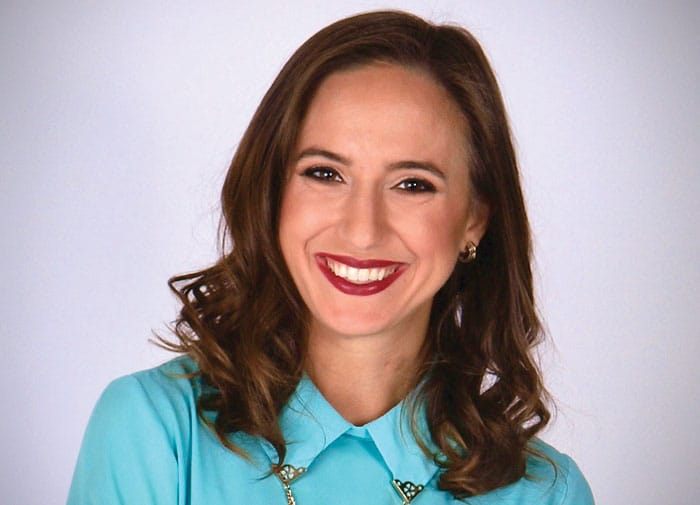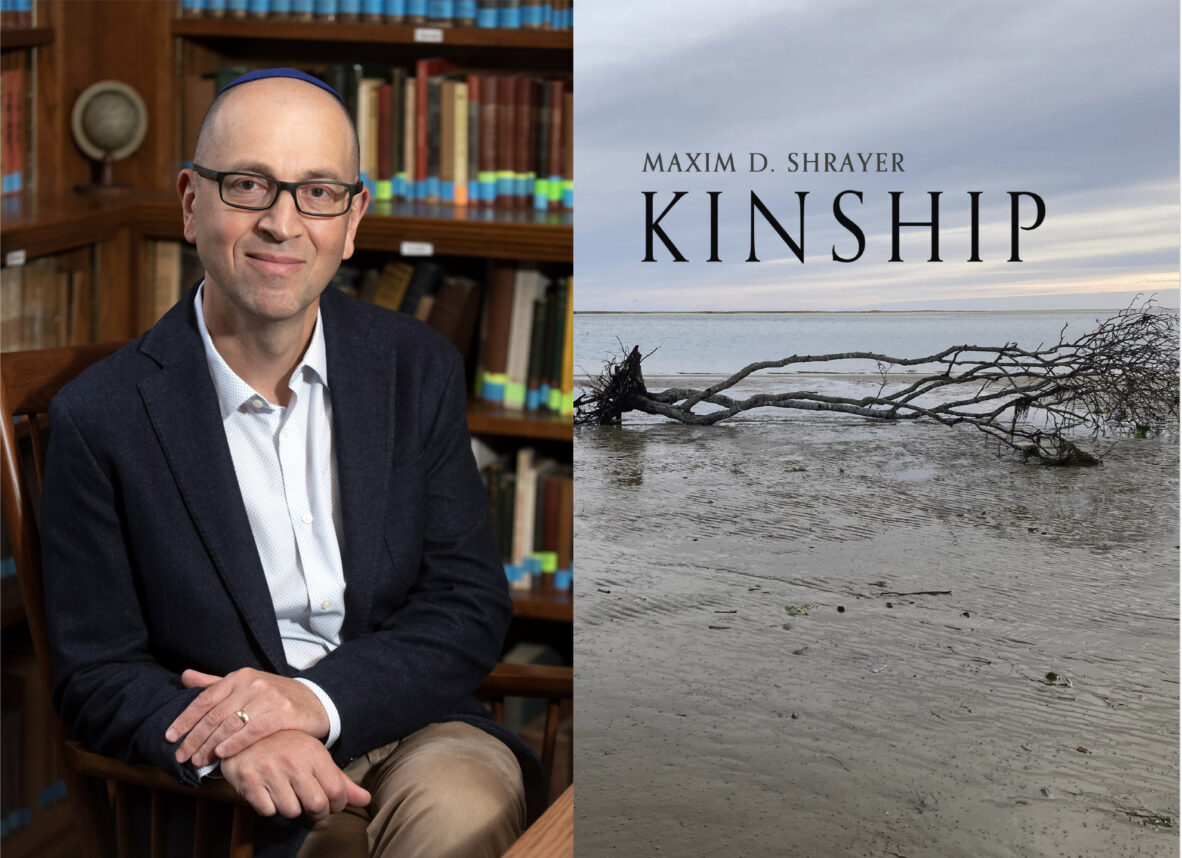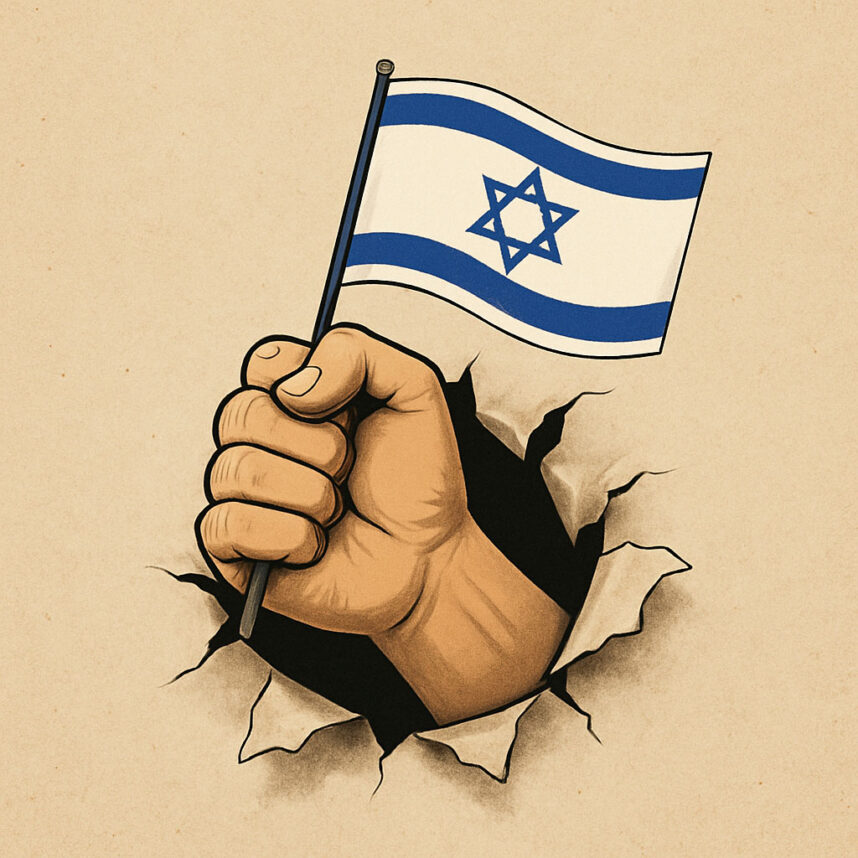
Fasting is an empowered choice. For many people, fasting on Yom Kippur is the most Jewish thing they do all year, even if they do not observe other Jewish practices. When looking at the meaning of the fast, there is beauty and symbolism everywhere.
Dr. Brielle Paige Rassler, a licensed psychologist, spiritual artist and senior student rabbi, pointed out four key reasons to fast.
“One, we are freeing ourselves,” Rassler told the Journal. “We’re focusing on spiritual things rather than physical things.”
By not preparing or eating food, there’s more time and energy to devote to spiritual matters for the day.
“Number two is that we are reminding ourselves of our mortality, that we do need food and drink the rest of the time,” she said. “Three, [we’re] doing something that’s in service of our relationship with God.”
The fourth reason? Doing something that’s uncomfortable. “This demonstrates a willingness to take our spiritual practices and bring them into the physical realm in a way that is a bit of a sacrifice,” Rassler said.
According to Rassler, who works with women with eating disorders in the Jewish community, those who are unable to fast due to medical reasons can honor the holiday in a healthy way.
“To refrain from things is to be in an uncomfortable space,” she said. “I’ll explore those four intentions with whomever I am speaking to find the behavior that will [be the] most successful [for] accomplishing those goals.”
For some people, it’s abstaining from social media. Others may refrain from unnecessary speech. Aside from praying, they might not engage in unnecessary conversation throughout the day.
Others with substance abuse or other issues may want to release those dependencies for the day.
“Someone who can’t abstain from eating and drinking can abstain from smoking cigarettes for the duration of the fast,” Rassler said. “Or someone with anorexia abstains from not eating.“
Rassler wrote a treatment manual for Jewish women with eating disorders. She believes that there are beautiful and spiritual lessons to be learned through fasting.
Based in South Florida, Rassler wrote a treatment manual for Jewish women with eating disorders. She believes that there are beautiful and spiritual lessons to be learned through fasting.
Last year, she served as a hazzan for a community on Long Island. She recalled being in yizkor (the service honoring the people who are no longer with us) right before neilah, which is the finale of the Yom Kippur service.
“I was tired, my voice was a little bit [off] and [I] felt a little dizzy,” Rassler said. “And yet I really allowed myself to be present with it. Part of the fasting experience is about reminding ourselves of our mortality … but also, touching into that angelic space of what happens when we don’t have a physical body that needs to be nourished in the same way.”
When easing out of the fast, it’s important to have a plan for how to come down from that spiritually, emotionally and physically. “The experience itself is bigger than just not eating or drinking,” Rassler said. “The aftermath has to be more than just having some food and water.”
There might be a temptation to immediately slide back into small talk and more mundane conversation at the break-the-fast meal, and there’s nothing wrong with that. You may also want to make space to share with your family and community.
“For some people, sitting around a table, processing the experience with others, is going to be really nourishing,” she said. “It’s about nourishing ourselves spiritually, just like we’re nourishing ourselves physically when the fast is over.”
Others may find taking their bagel in another room and being alone for 20 minutes before rejoining the family is what’s most helpful for them.
Rassler said, “Know how you get spiritually, physically and emotionally grounded, and realize that the experience is really taking place in all of those realms.”
























 More news and opinions than at a Shabbat dinner, right in your inbox.
More news and opinions than at a Shabbat dinner, right in your inbox.